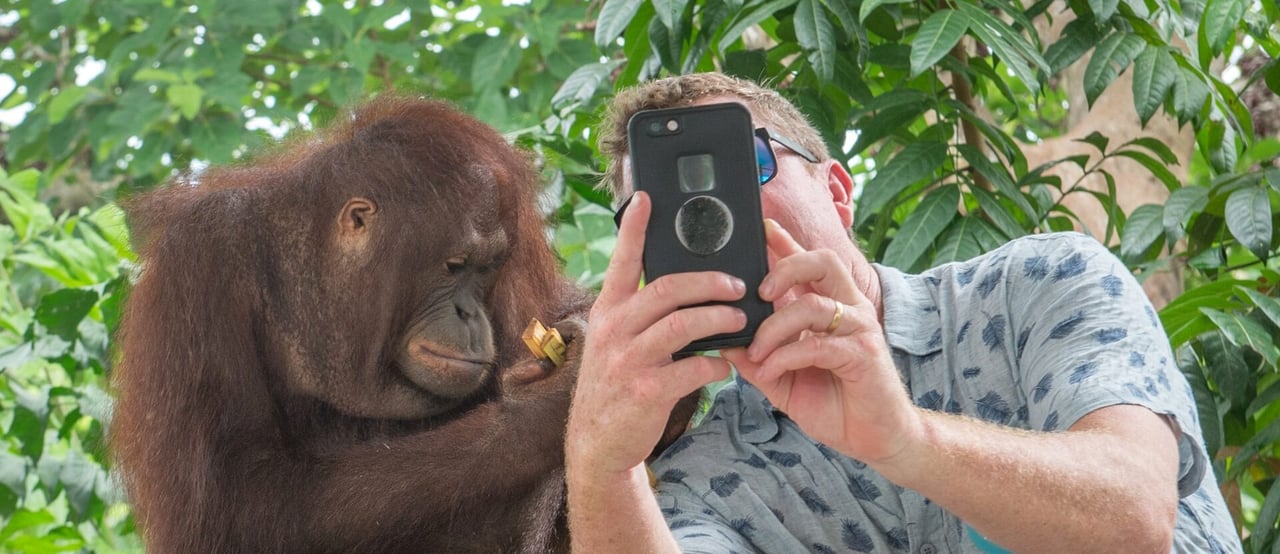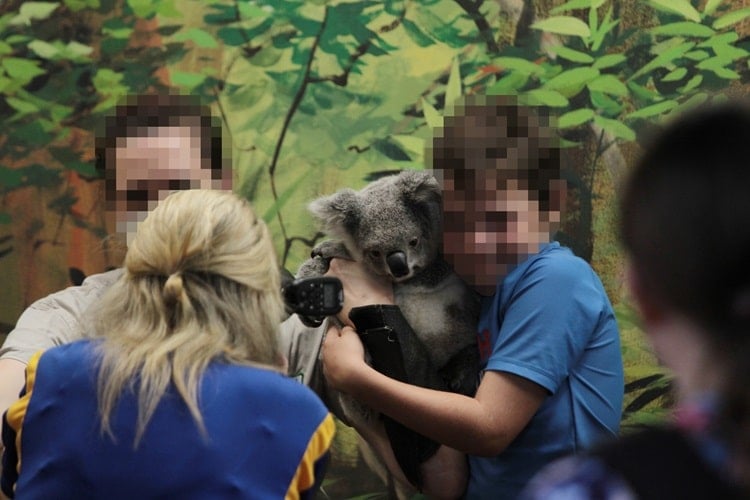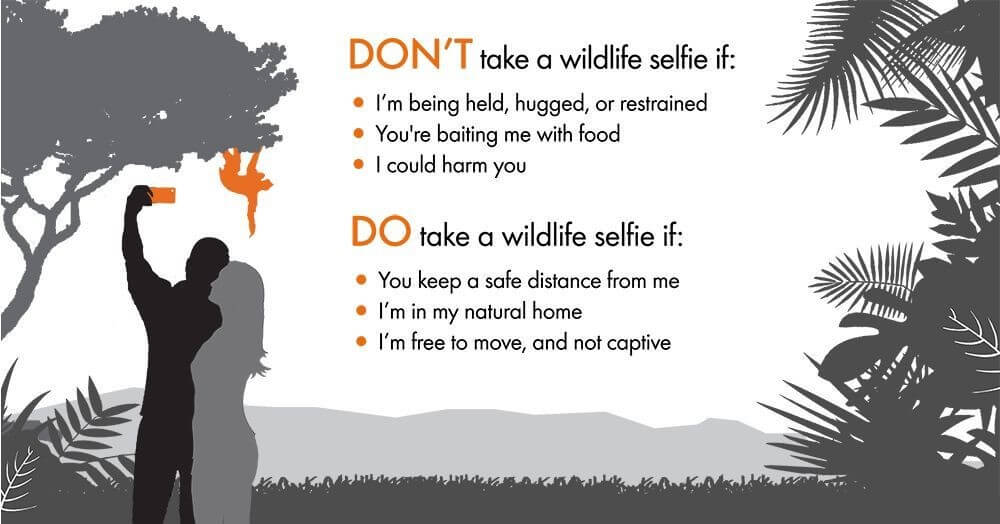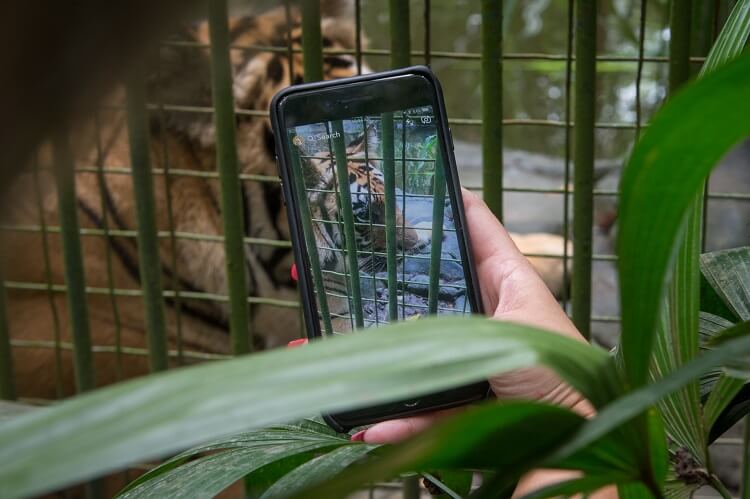Animal selfies
It may be tempting to take a photo with an animal. But that moment could cost them a lifetime of suffering.

Image credit: World Animal Protection / Andi Sucirta
Most visitors who take photos with wildlife love animals.
During once-in-a-lifetime trips to destinations, it’s understandable that they’d want to take a snap with a koala for Facebook, or post a picture with a tiger on Instagram.
But if they knew about the suffering these animals endure for this type of photo opportunity, they’d put their phones and cameras away.
Many people envy friends who post selfies of themselves hugging or holding wild animals, which sadly encourages more people to take their own photos. This continues the ongoing suffering and cruelty for wildlife.
But, with ongoing help from supporters like you, we’re working to ensure animals in tourism venues remain fed and cared for during this current crisis.
Amongst the 34 billion images posted by millions of people on Instagram, our initial investigation showed there were tens of thousands of cruel selfies on Instagram taken with wild animals. Sadly, sharing cruel wildlife selfies on social media encourages more people to take their own photos. This continues the ongoing suffering and cruelty towards wildlife. Don’t be part of this ugly picture.


In December 2017, our Wildlife Selfie Code campaign was so successful that it influenced Instagram, one of the biggest social media sites, to educate its users around the suffering wildlife selfies can cause to animals.
Thanks to the 250,000 people who signed up to our Wildlife Selfie Code! Together, we were able to move Instagram to launch a new 'content advisory page', to educate users about the issues these photos cause for wild animals. Now, when any of Instagram’s 800 million users search hashtags like #koalaselfie and #slothselfie, which could be associated with harmful interactions with animals, they are warned about the dangers of this trend.
Together we’re filtering cruelty out of more pictures every day.

It may be tempting to take a photo with an animal. But that moment could cost them a lifetime of suffering.
Learn more about our 2025 research and investigation into koala cuddles at popular Queensland wildlife tourism venues.
Read our 'Tiger Selfies Exposed' report and learn how tigers are exploited as part of Thailand’s entertainment industry.